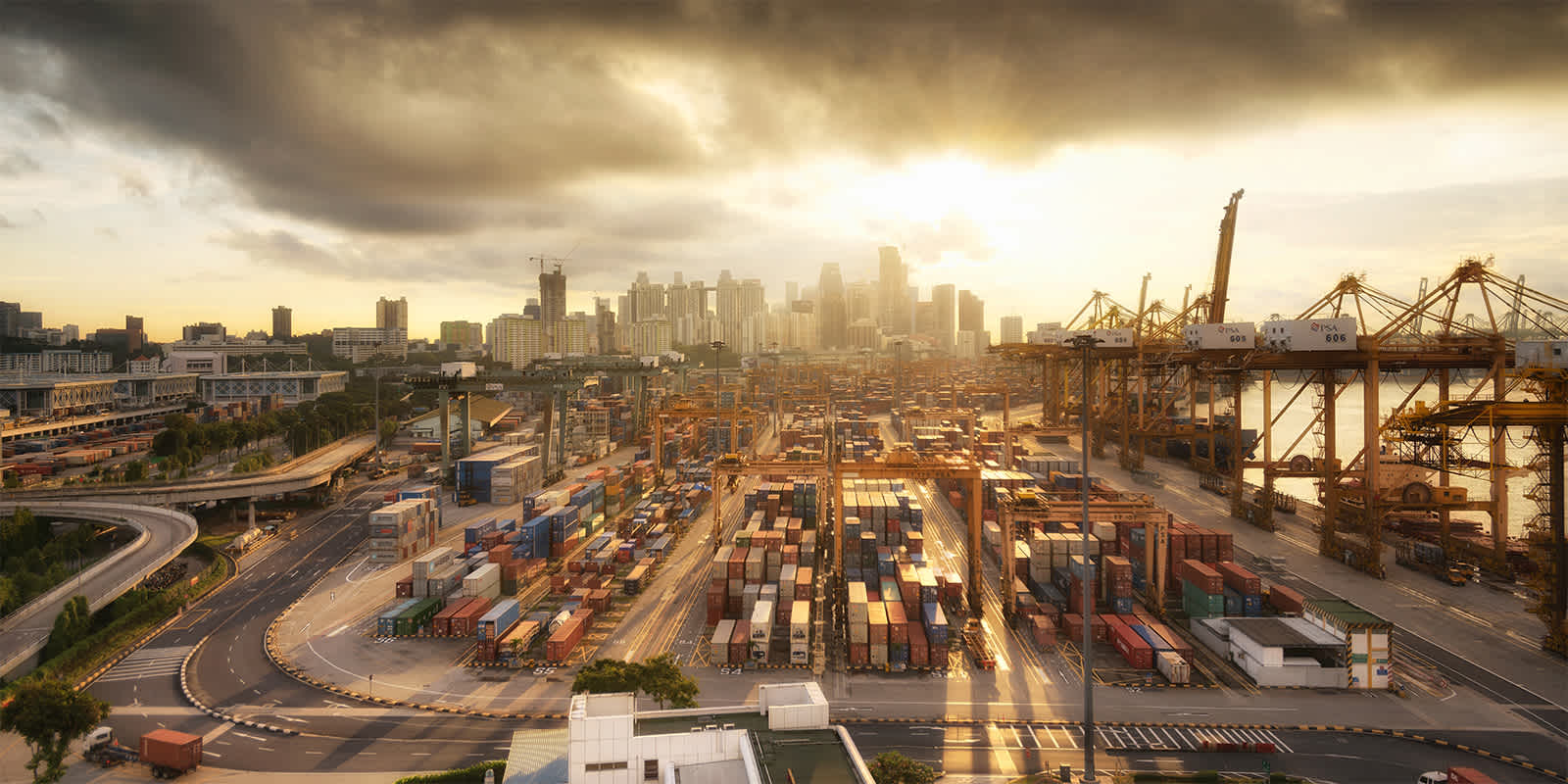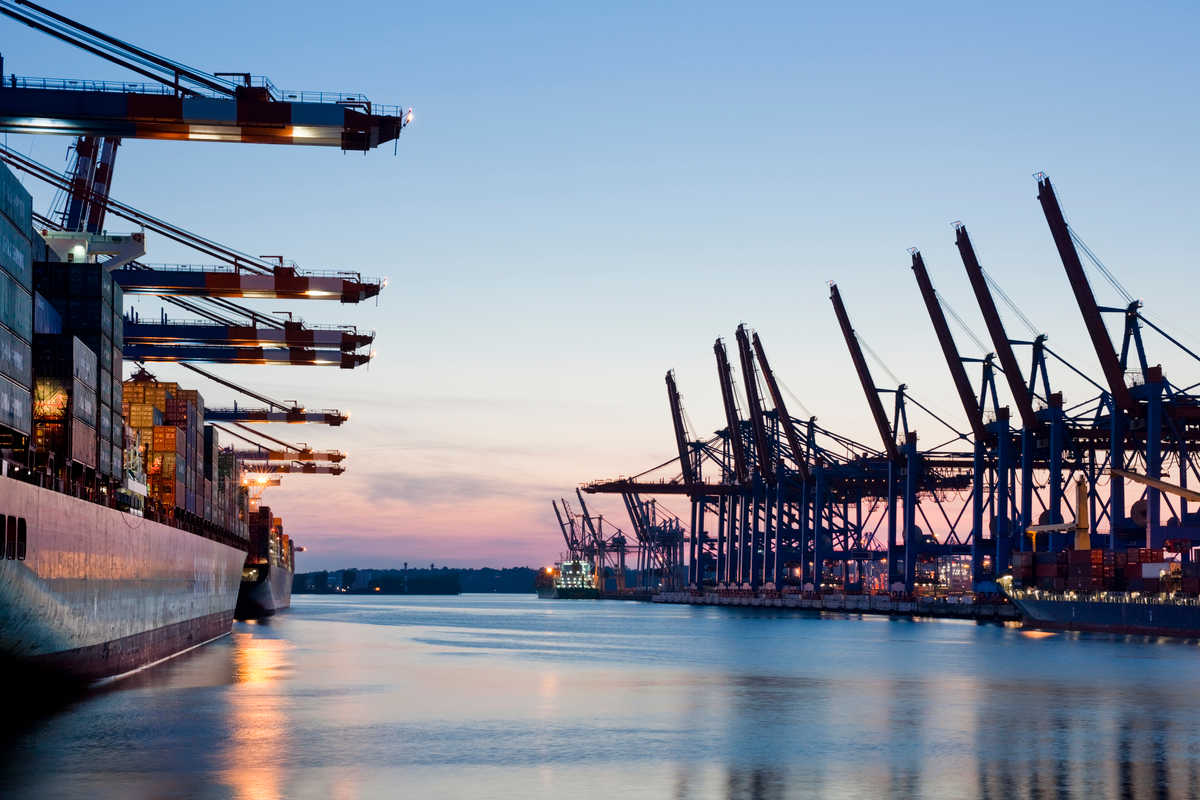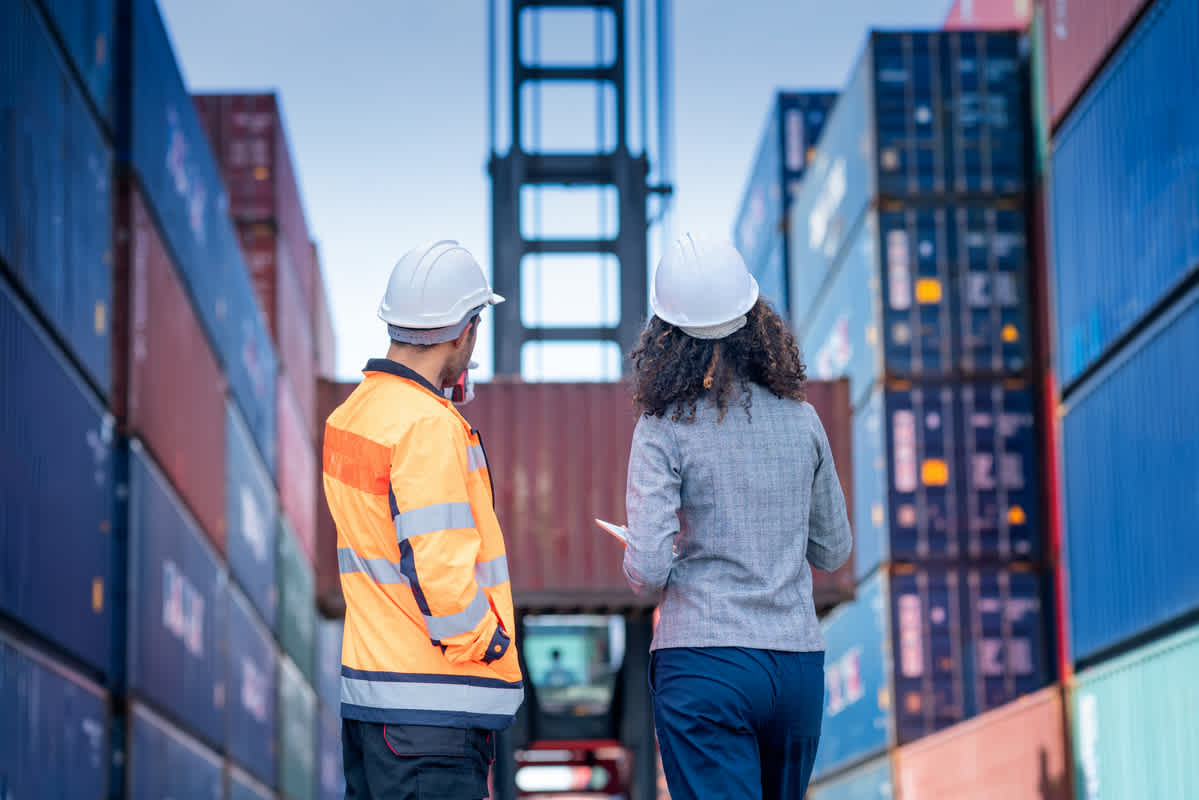
November 3, 2021
An Open Letter to Customs on Broker Education
An Open Letter to Customs on Broker Education
Tom Gould is one of the world’s top customs and compliance professionals. He’s also VP of Global Customs at Flexport. Follow along as Tom reveals the ins and outs of getting goods in and out of anywhere. Rules and regs, compliance trends, and a master class in classification: Tom covers it all on the blog, LinkedIn, and Twitter.
Dear Customs:
This post may not satisfy the official comment submission process; I’ve submitted through the formal channel, as well, but I want to share my opinion on Docket No. USCBP-2021-0030: Continuing Education for Licensed Customs Brokers.
Yes! I think continuing education is a great idea. More than that—I think it’s the future of customs brokerage.
The stated intentions in the Customs rule proposal set the stage:
- Brokers need to stay knowledgeable as trade advances.
- Increased trade compliance will protect US revenue.
But I see another angle. As we enter a more tech-driven economy, customs brokers will take on more important roles, advising clients on more advanced matters.
It’s actually already happening.
Thus, continuing education unifies the industry around pillars of client service and global trade growth. It’s an obvious yes.
Shifting Demands for Brokers
Typically, customs brokers engage in high volumes of clerical work, mainly data entry and document filing. At some brokerages, they don’t even classify goods, because the clerical load is so heavy.
But at companies like Flexport, much basic taskwork is achieved or supported by digitization—or, in some cases, by automation with humans in the loop to validate or handle exceptions.
As a result, customs brokers are free to develop their knowledge and engage appropriately in greater trade advisory. They still primarily serve on the frontlines, but they can spot opportunities that may surface across a client’s larger transactional patterns.
There’s a huge need for these bigger thinkers in today’s market. Trade acts and agreements have complex impacts. New classifications have cascading effects beyond just duty rates. CBP requires deeper supply chain tracing, and its enforcement is more precise.
As supply chains evolve, customs brokers need to keep up with these shifting demands.
Doing More with More Knowledge
I’ve been a proponent of continuing education throughout my entire career. At Flexport, all of our brokers are required to take more training than the new regulation would require, anyway—20 hours annually, compared to the 36 hours triennially the proposal puts forth.
So I already know, firsthand, that continuing education is worth it.
It also creates value for clients. I’ll give you an example of a tariff engineering solution. This may sound complex at first, but it could easily be within the purview of a knowledgeable customs broker:
A product finished and packaged in China would typically be subject to Section 301 duties.
But if you’re building a product like a router or modem, the country of origin could be where its printed circuit board assembly (PCBA) is made.
Knowing that, a customs broker could advise a client to manufacture the PCBA in one country and then send it to China. The client could take advantage of Chinese manufacturing for most of the product, but pay lower duties based on the PCBA country of origin—all while remaining compliant.
But the customs broker would have to know origin rules, understand tariff engineering, and think big-picture about parts vs products and manufacturing advantages.
This kind of knowledge elevates the industry as a whole; it’s definitely doing more for everyone than just filing documents.
Respectfully,

Tom Gould
Flexport VP, Global Customs





